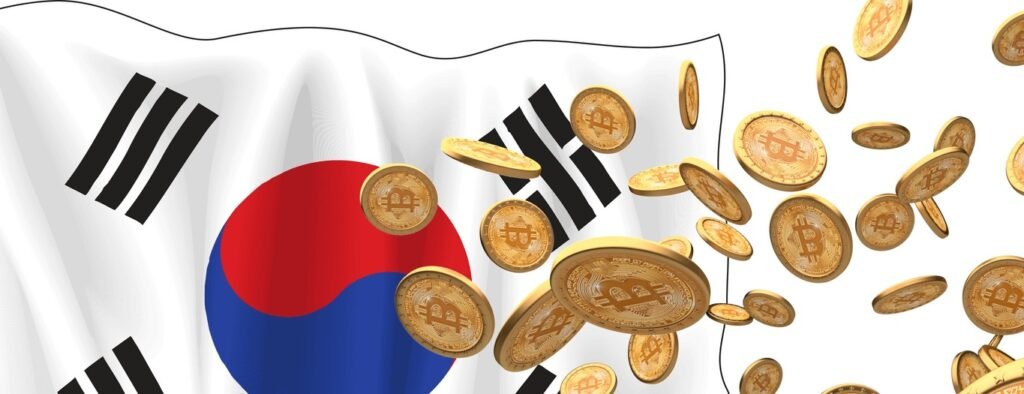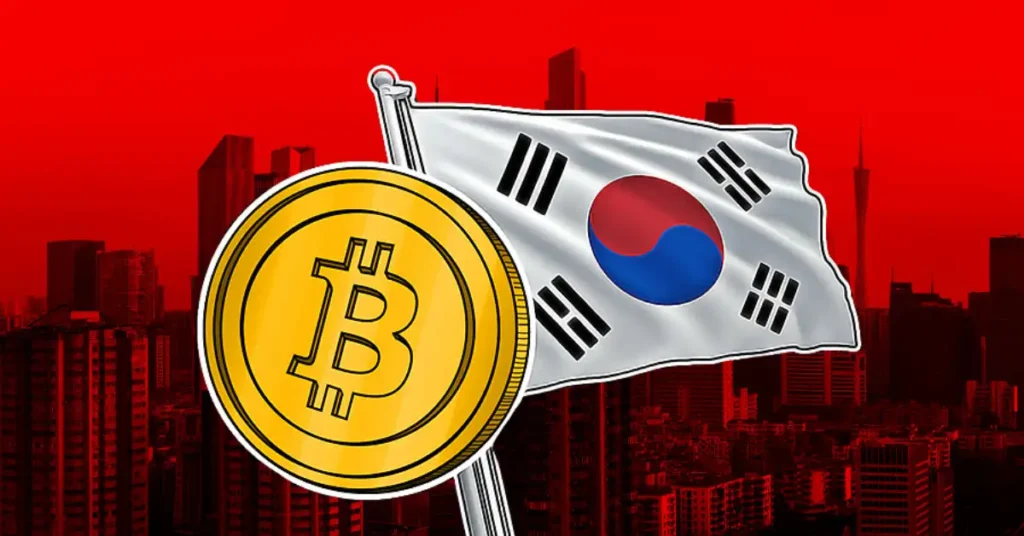The sudden proclamation of martial law in South Korea caused XRP and Bitcoin flash crashes and other crypto market instability. Due to political upheaval and potential threats from North Korea, South Korean President Yoon Suk Yeol declared an emergency on December 3, 2024. The revelation caused a market reaction, with Bitcoin dropping over 30% on South Korean exchanges like Upbit, from $96,000 to $62,000.
This volatility indicates how political events, especially in South Korea, affect the crypto market. Digital asset market decisions can affect short-term pricing and long-term investor confidence immediately. In a broadcast address, President Yoon said emergency martial law was being used to “safeguard a liberal South Korea from the threats posed by North Korea’s communist forces and to eliminate anti-state elements.” Big threats to public order frequently lead to martial law. South Korea last declared emergency martial law in 1980, according to Hankyoreh.
How South Korea’s Law Affects XRP and Bitcoin
South Korea’s martial law recovery has disrupted cryptocurrency markets, especially XRP and Bitcoin. Martial law or political instability typically causes market uncertainty, prompting traders to act quickly. South Korea is a major bitcoin trader, therefore such events can affect the world. Panic selling by traders worried about government intervention or economic disruption caused XRP and BTC to crash.
South Korea is a crypto trading hotspot, and retail and institutional investors influence market movements, which increases volatility. Many are selling XRP and BTC to escape regulatory crackdowns after the martial law recovery. This political development is expected to continue affecting cryptocurrency values, especially for tokens with strong South Korean trading volumes, as the market recovers.
A chaotic day for South Korean crypto traders
President Yoon’s order suspended all political activities for approximately three hours until opposition lawmakers raced into an emergency parliamentary session to vote on a lift of martial law. After some clashes between police and protesters outside the National Assembly building, the finance ministry pledged “unlimited liquidity” to the market, leading the KRW and other Korean assets to pare their losses.

The announcement of martial law in South Korea led to an unexpected and chaotic day for local crypto traders. The decision, fueled by rising political tensions, triggered a sharp market reaction, with major cryptocurrencies like XRP and Bitcoin seeing significant price drops.
South Korea’s Martial Law Recovery
South Korea’s recent political developments, particularly the recovery of martial law, have significantly impacted the cryptocurrency markets. This period of instability has caused fluctuations in the value of major cryptocurrencies like XRP and Bitcoin (BTC), leading to a “flash collapse.” The uncertainty surrounding the government’s actions and the market’s sensitivity to geopolitical events have created a volatile environment for traders. South Korean traders, who make up a significant portion of global cryptocurrency activity.
Reacted quickly to these events, further fueling the price drops of XRP and BTC. As XRP’s market volatility mirrored The Bitcoin meltdown caused liquidity problems on key exchanges like Upbit and Bithumb, which experienced downtime owing to increased trading activity. Despite the sharp dip, South Korean traders picked up XRP, sometimes surpassing Bitcoin, because of geopolitical and financial turmoil.
Read More: How MicroStrategy presents 4 major Bitcoin risks
Conclusion
The sudden drop of XRP and Bitcoin after South Korea declared martial law shows how the crypto market reacts to political and economic uncertainty. This event highlights the link between cryptocurrency markets and global geopolitics. Rapid changes remind investors of the hazards of digital assets in uncertain political settings as market players respond. Political conflicts and crypto ecosystem resilience will determine recovery from such an incident.
The multi-billion-dollar electronics firm Samsung experienced a drop in London trading before regaining trust after the finance ministry’s assurance. South Korea’s constitution requires the president to lift martial law after a National Assembly vote. A translated constitution excerpt states, “When the National Assembly requests the lifting of martial law with the concurrent vote of a majority of the total members of the National Assembly, the President shall comply.”
[sp_easyaccordion id=”5359″]

